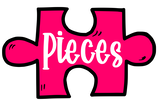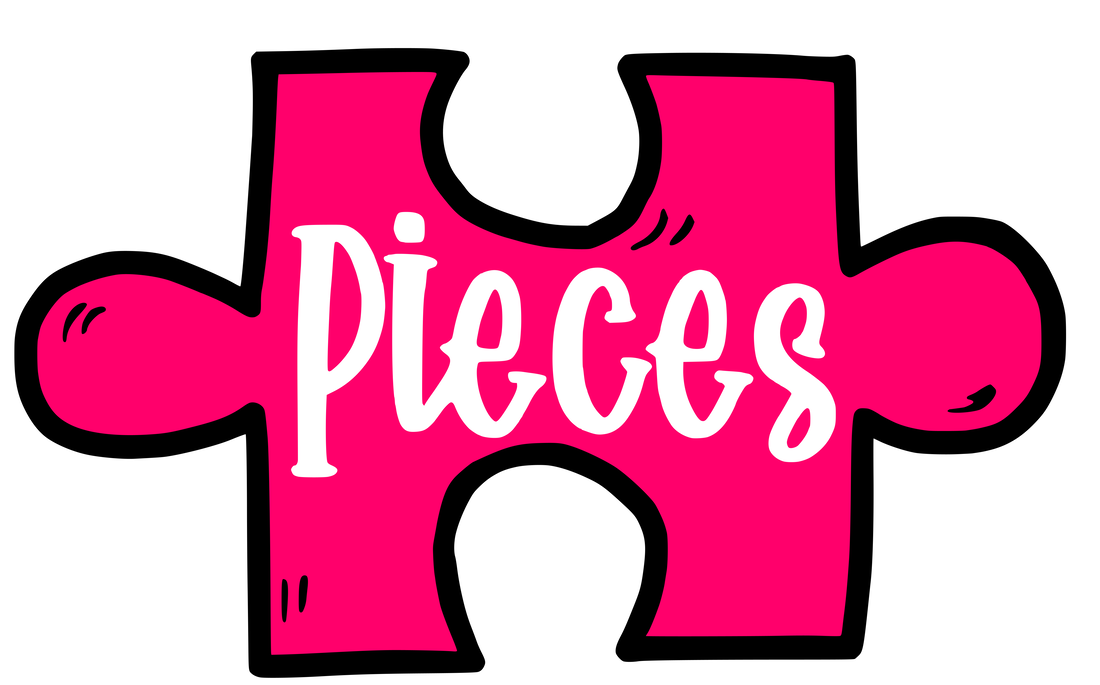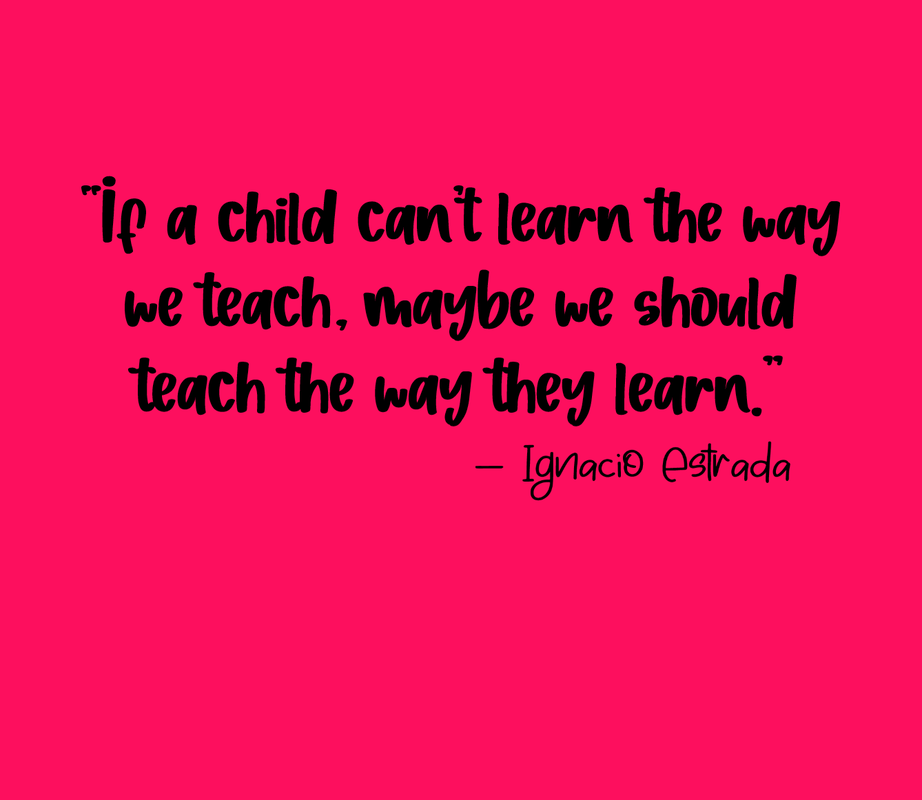Why should you choose ABA with Pieces Early Learning?At Pieces Early Learning we recognize that Applied Behavior Analysis can be scary. A bunch of professionals from doctors, to psychologists, to BCBAs, and speech therapists are all telling you what is best for your child. ABA gets a bad reputation for being “robotic”, and we have all heard discrete trial training referred to as “boot camp” by more than a few weary families.
I have always told the parents I work with, “If we are doing our job right, your child will think they came to therapy to play!” ABA services should focus on socially significant behaviors. This means that we should be helping your child learn skills that are important to you and your family! Applied Behavior Analysis is only a piece of the puzzle when raising your child. Pieces Early Learning was founded because I felt strongly that great ABA services should be flexible, should revolve around your child's interests, should meet your family’s individual needs, and should aim to help your child become the most successful version of themselves. |
Pieces Early Learning Utilizes a Verbal Behavior Method of Teaching
Verbal Behavior is a method of teaching language that focuses on why we use words and how they are useful in communicating ideas. This approach encourages children to learn language by connecting words with their purposes. Although Verbal Behavior (VB) and Applied Behavior Analysis (ABA) are both derived from philosophies established by Skinner, they use different approaches to teaching language. Verbal Behavior focuses on developing communication skills, including receptive and expressive language across the verbal operants of mand (requesting), tact (labeling), echoics (vocal imitation) and intraverbal (conversational skills). Learning across the operants also includes working on gross and fine motor imitation, textual (writing) and listening (following instructions) skills.
Pieces Early Learning uses Verbal Behavior, along with ABA Discrete Trial and Natural Environment Teaching approaches, in order to develop an individualized program based on your child's needs. Research has demonstrated that combining the total operants of VB across both DTT and NET may contribute to acquiring a more complete language repertoire (Sundberg & Michael, 2001). Children need the functional skills across the verbal operants to increase verbal behavior, particularly in environments with their peers (Sundberg & Michael, 2001). Verbal behavior also uses the child’s own motivations during teaching. This might mean, that each session looks entirely different if your child's interests change.
Rebecca Mueller, MA, BCBA, COBA
|
Pieces Early Learning, LLC Mentor, OH 44060 (216)-202-0785




